You may have heard that single-use was crowned the word of the year in 2018 by the Collins dictionary. The United Nations declared single-use plastic items as one of the significant elements of rising global warming, particularly ocean pollution. Plastic carry bags, plastic sheets, cooling films, single-use plastic cups, plates, spoons, forks, straw, dishes, paper cups, plastic water pouches, plastic juice packets, pet bottles under 300 ml capacity, plastic garbage bag, PVC flex materials and plastic packets are the main culprits that adversely affect our ecosystems, and are also linked to air pollution. According to the Organisation for Economic Co-operation and Development (OECD), global plastic waste is set to almost triple by 2060, with around half ending up in landfills and less than a fifth recycled. Annual production of fossil-fuel-based plastics are set to top 1.2 billion tons by 2060 and waste to exceed one billion tons. Recent government data suggests that India's plastic waste generation has more than doubled in the last five years with an average annual increase of 21.8 per cent. Union Cabinet Minister of Labour and Employment, Environment, Forest and Climate Change, Bhupender Yadav recently revealed that the country is generating about 3.5 million tonnes of plastic waste annually, more than 34 lakh tons of plastic waste was generated in 2019-20 and 30.59 lakh tons in 2018-19.
Governments globally have made several efforts to raise, and more and more initiatives, bans, bills are being passed to beat plastic pollution. The government of India has lunched several initiatives to tackle the challenge of plastic pollution including the National Dashboard on Elimination of Single Use Plastic and Plastic Waste Management to track the progress made for elimination of single-use plastic (SUP) and effective management of such waste; the Extended Producer Responsibility (EPR) Portal for plastic Packaging for improving accountability, traceability, transparency and facilitating ease of reporting compliance to EPR obligations by producers, importers and brand-owners and a mobile app for Single Use Plastics Grievance Redressal was also launched to empower citizens to check sale/usage/manufacturing of SUP in their area and tackle the plastic menace.
Joining the Centre’s efforts many State Governments are doing what they can to rid the use of single-use plastic and implement means of both recycling and up-cycling throughout the country. Even though the implementation process and acceptance rate is slow about banning and terminating the use of plastic completely, these destinations in India are trying to eliminate the use of plastic. If you are a conscious traveller and are looking to travel domestic, here are few destinations you can add to your bucket list.
Sikkim

Sikkim has emerged as one of India’s environmental leaders. Sikkim became the first Indian state to ban disposable plastic bags in 1998, and is also among the first to target single-use plastic bottles. In 2016, Sikkim took two major decisions: first, it banned the use of packaged drinking water in government offices and government events; second, it banned the use of Styrofoam and thermocol disposable plates and cutlery in the entire state in a move to cut down toxic plastic pollution and tackle its ever-increasing garbage problem. Lachen, one of the most popular places in Sikkim, became plastic-free in 2012.
Majuli Island, Assam
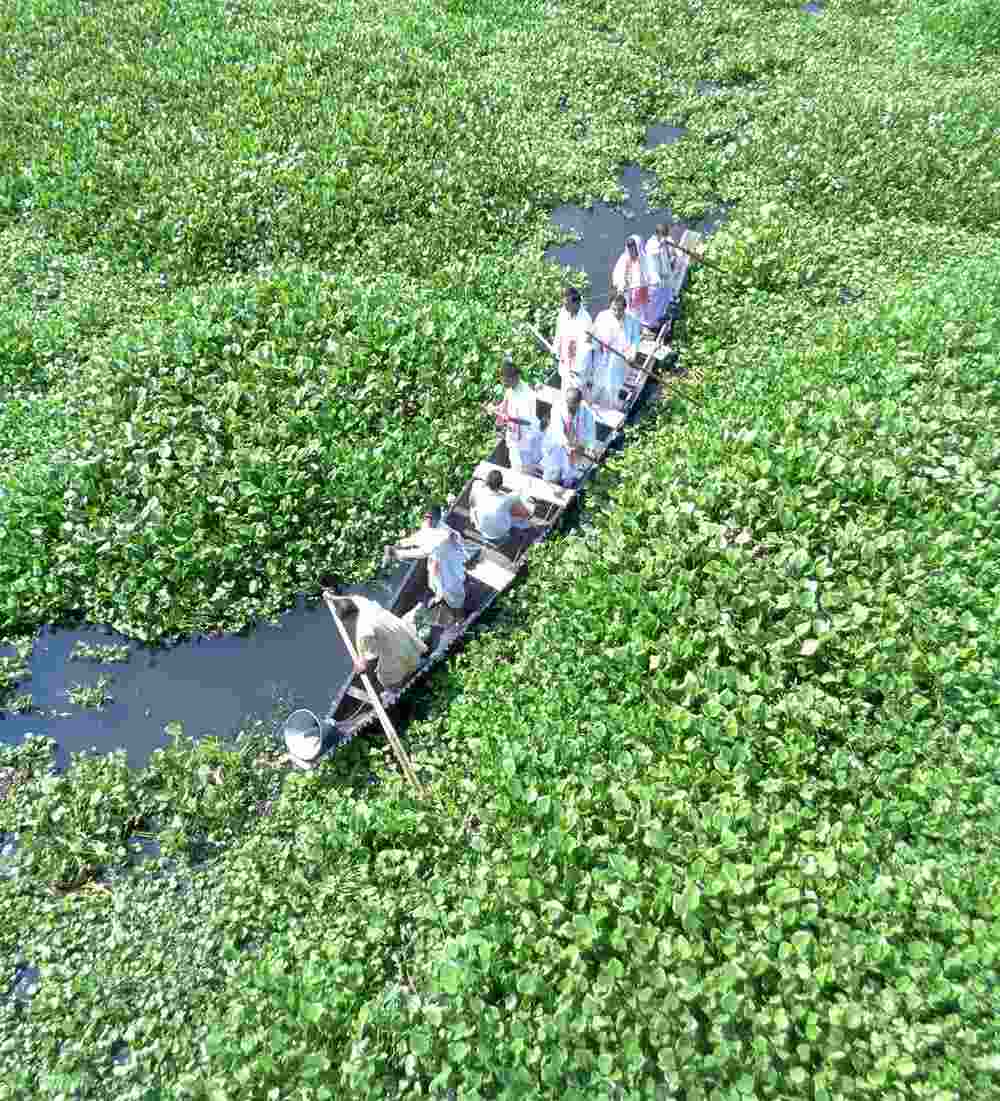
Located on the Brahmaputra river in Assam, the world’s largest river island made headlines for being on the verge of submergence due to constant erosion and excessive sediment discharge, raising concerns over excess plastic being dumped in the river. Today Majuli is a plastic-free zone.
Dzukou Valley, Nagaland

Dzukou Valley was officially declared as a plastic-free zone in 2019. 90 per cent of litter in the state’s most-visited tourist destination used to come from plastic. The Southern Angami Youth Organisation (SAYO) in accordance with its pledge to conserve and protect the environment had started the task of cleaning this area off plastics and compost waste materials, and the area is now almost unrecognised.
Kannur, Kerala
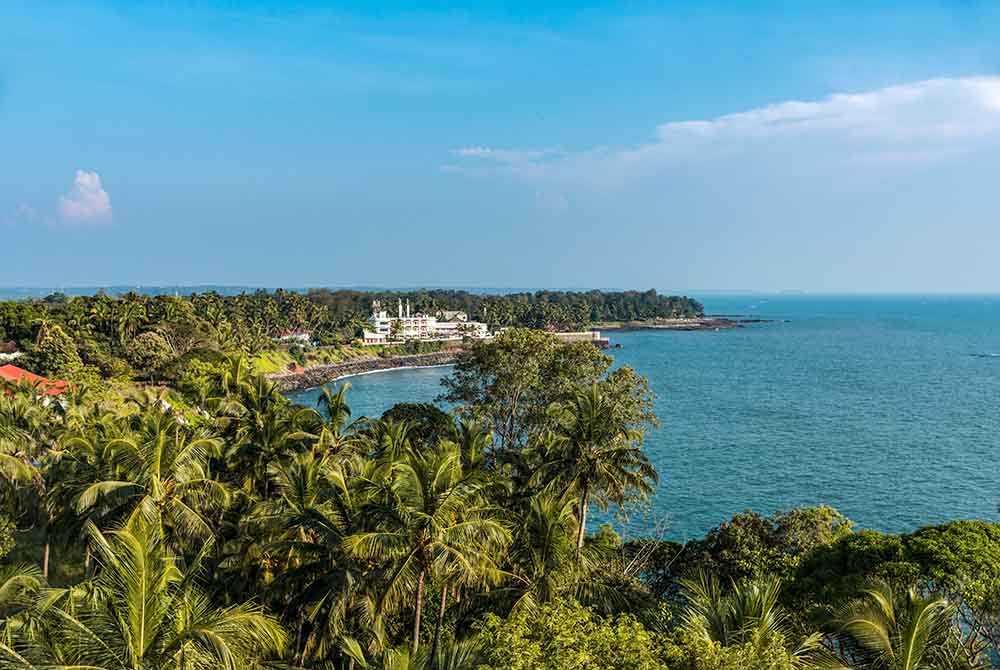
In 2017, an entire district in Kerala was declared free of plastic disposables and carry-bags in just five months. More than 25 lakh people in Kannur ditched plastic to make it South India’s first plastic-free district. Within a year, there was a reduction of 40 lakh plastic carry bags in Kannur District. The district is also known for lending its support to the state government’s Green Protocol movement in which couples are asked to have a green wedding, a wedding free from plastic waste.
Ooty, Tamil Nadu
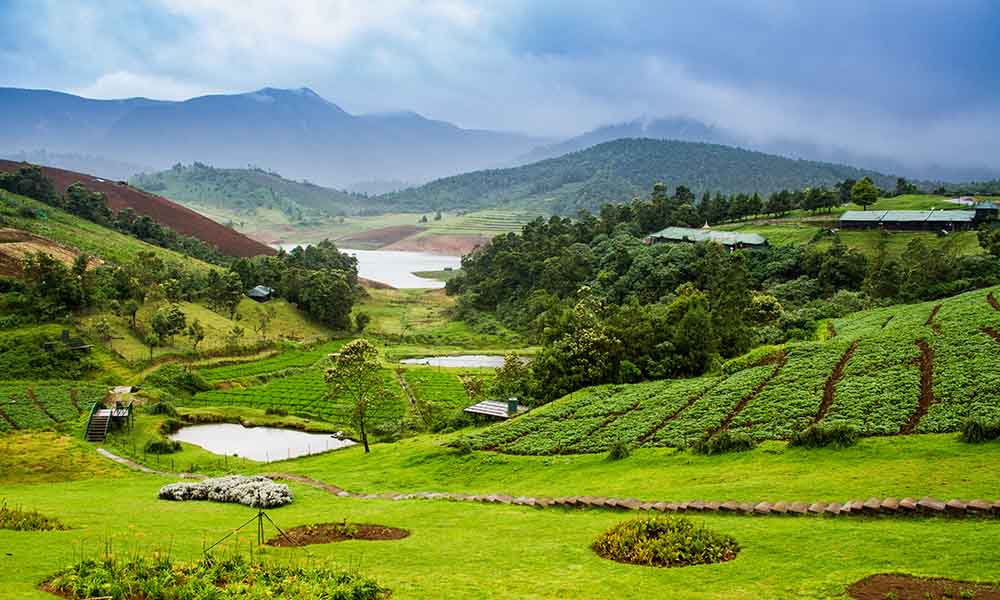
In 2019, the Nilgiri District Administration, in charge of Ooty, passed a rule to ban the sale of single-use plastics that includes water bottles, food items packed in plastic, and soft drinks in the town and the highways leading to the district’s major towns.
Pangot, Uttarakhand
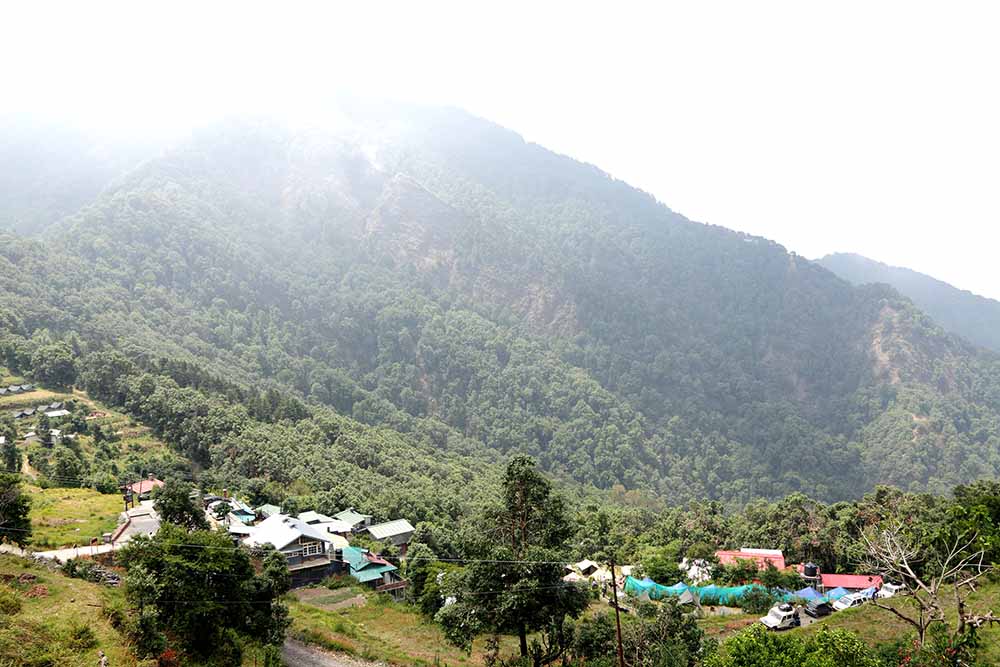
Situated in the Himalayan foothills of northern India, Pangot is home to 200 resident bird species and lures birdwatchers and nature enthusiasts from around the globe. Unfortunately, there was no garbage disposal system in place. Instead, most people threw their waste into the bottom of a local gorge, from where it would eventually be washed down into the local river. In 2018, a group of hotel owners, concerned citizens, school children and the NGO Chintan launched the “Zero Waste Pangot” initiative. In just one year, Pangot and its residents were successful in reduce plastic consumption without deterring tourists.
Kumarakom, Kerala
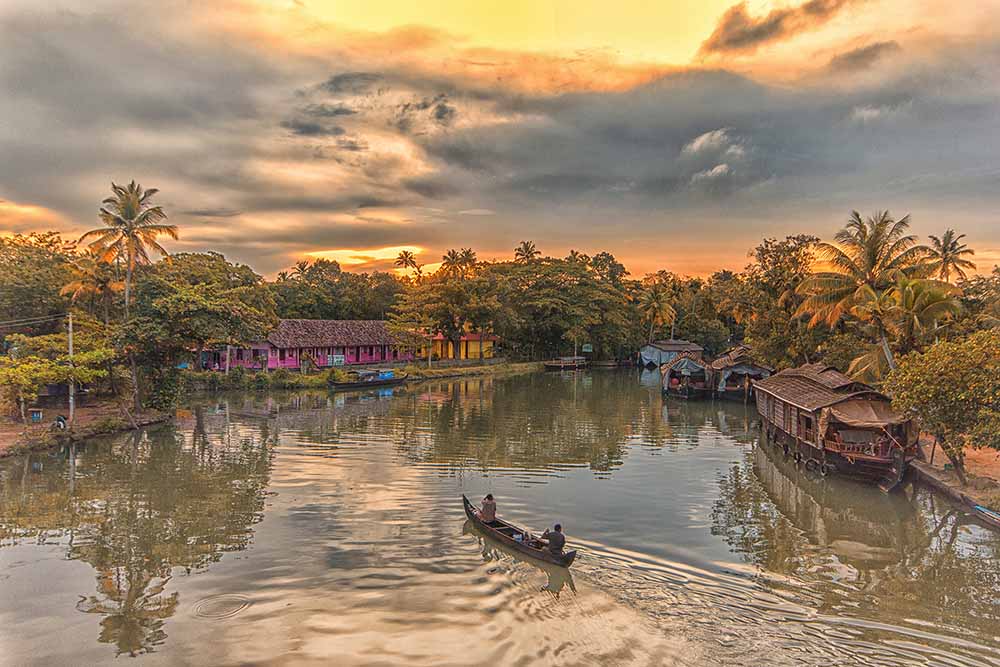
After the successful 'plastic-free Kumarakom' campaign, the popular tourist centre of Kerala is now making efforts to become a carbon-neutral destination. As part of it, the resorts under the Chamber of Vembanad Hotels and Resorts (CVHR) have initiated measures to ensure effective energy utilisation, besides generating power through renewable energy sources. Plastic collection centres have been opened at houseboat terminals in Kavanattinkara, Cheepunkal and Kaipuzhamuttu. This plastic waste will be recycled at Ettumanoor Industrial Estate.
Chandigarh
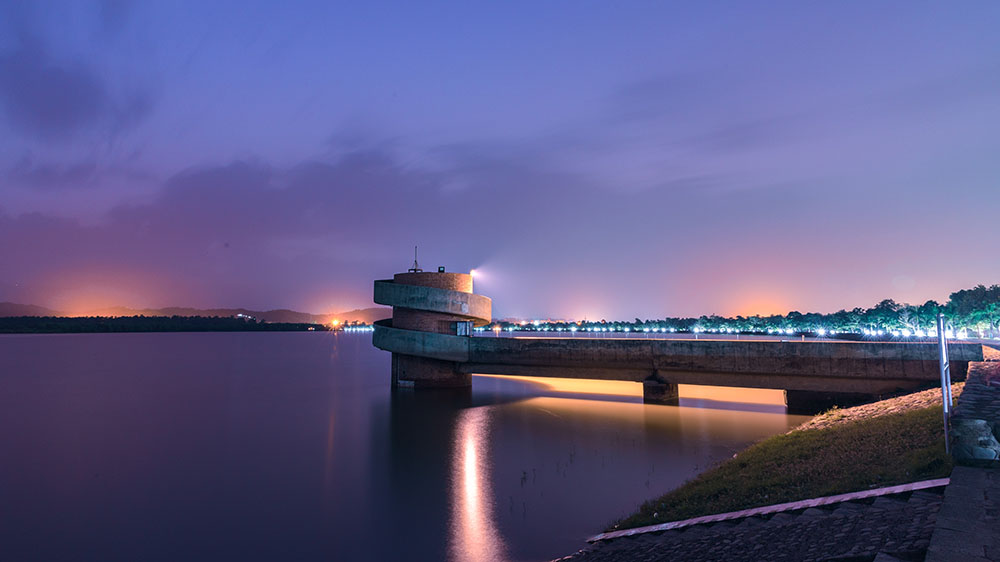
Earlier this year, ‘Plastic-Free City’ campaign in Chandigarh was announced under the Mission Swachh Chandigarh. Several awareness programme were organised to ensure that every stakeholder of the city was involved in this initiative. The State is also planning seminars at schools, colleges and educational institutions, with the participation of volunteers, to raise awareness on making Chandigarh plastic-free. The Swachh Survekshan mandates the ban on single-use plastic below 75 microns, in compliance with Plastic Waste Management Rules, 2021. However, Chandigarh has gone one step further and banned all types of plastic, irrespective of its thickness.